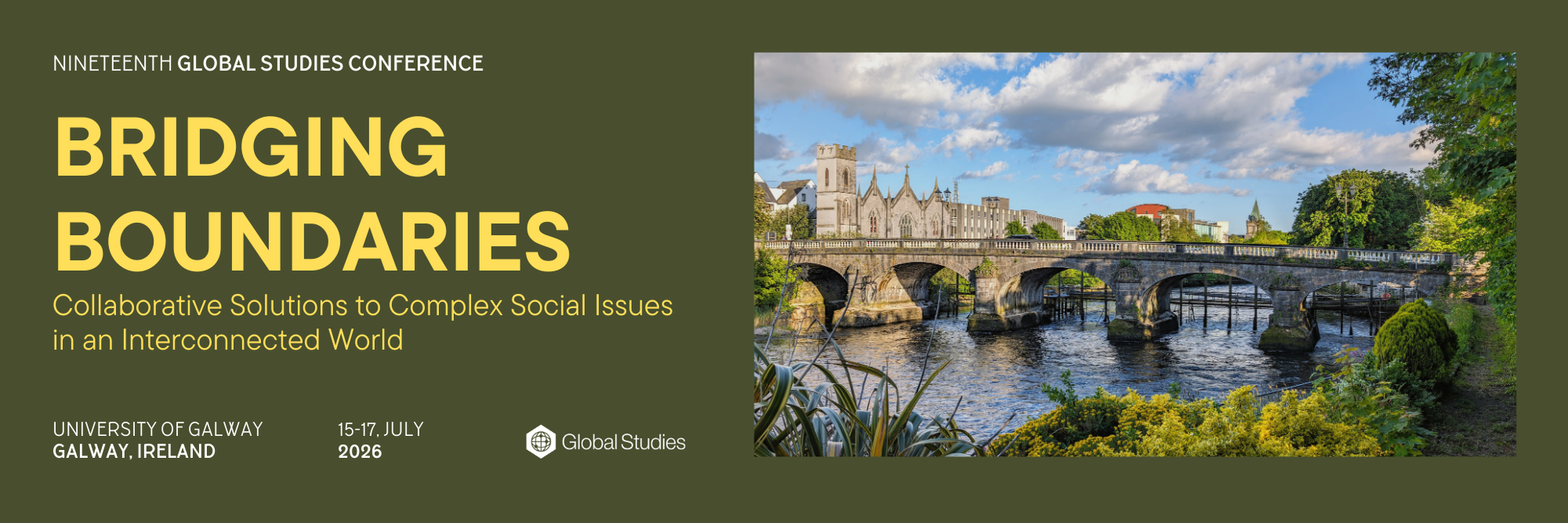Abstract
How can architecture, through counter-cartographic and transscalar practices, challenge extractive territorial transformations in Krivelj, Serbia, and reclaim spatial agency within architectural planning? This paper addresses this question by critically examining the epistemic and spatial politics of extractive capitalism through the case of copper mining in Eastern Serbia. Krivelj, reshaped by China’s Belt and Road Initiative and Zijin Mining Group, demonstrates how global green transitions often lead to local dispossession, pollution, and bureaucratic erasure. Dominant spatial planning frameworks and planetary urbanization theories often abstract resource geographies, ignoring the lived experiences they reshape (Brenner and Schmid 2015; Roy 2011). This study develops counter-cartographic strategies that highlight the interconnectedness of material, emotional, and legal aspects with geopolitical flows. Using geomatics, ethnographic fieldwork, and architectural analysis, it creates a spatial archive that documents environmental damage and displacement while showing how spatial data can reinforce social divisions and support land acquisition (Harley 1989; D’Ignazio and Klein 2020). Participatory cartographic workshops, environmental sensor networks, and reverse-engineered cadastral records form a visual politics that challenges extraction-based simplifications and promotes local spatial agency. Counter-maps portray residents not only as victims of extraction but also as active mappers of memory, environmental knowledge, and legal presence. Ultimately, the paper provides a replicable, ethically grounded approach for achieving spatial justice and environmental resistance in territories impacted by extraction (Scott 1998; Gordon 2008; Tsing 2015).
Details
Presentation Type
Paper Presentation in a Themed Session
Theme
KEYWORDS
Counter-Cartography, Transscalar, Spatial, Analysis, Extractive, Capitalism, Environmental Justice, Spatial, Agency

